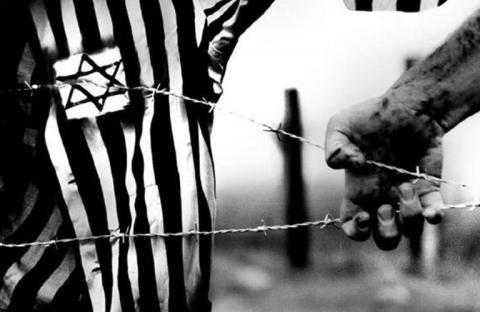International Day of Commemoration in Memory of the Victims of the Holocaust
Do you know what is commemorated globally on the 27th of January? Do you know what Shoah means? Have you ever heard the words Porrajmos or Samudaripen?
On the 27th of January, the world marks the International Day of Commemoration in Memory of the Victims of the Holocaust. On that date, in 1945, prisoners of the Nazi concentration and extermination camp of Auschwitz-Birkenau were liberated by Soviet troops. We pay tribute to the memory of the victims of the Holocaust and reaffirm our commitment to counter antisemitism, racism, and other forms of intolerance that may lead to group-targeted violence. This commitment is crucially important nowadays when current war events provoke chilling memories about the times of war and incarceration.
Jews, as well as Roma and Sinti (called then Gypsies), were groups persecuted by Nazi regimes on racial grounds only because of their ethnic origin, leading to the perishing of many European communities belonging to these groups.
Testimonies about the suffering of Jews and Roma appeared in memoirs and literary texts by Holocaust survivors in the post-war period. One of the earliest memoirs was If This Is a Man by the Italian Jewish writer Primo Levi, an Auschwitz survivor himself. The Icelandic language translation of the book was published in 2022 and will be presented Friday 27th January in Veröld – House of Vigdís at 17:30.
The Austrian Romani woman Ceija Stojka is the author of one of the earliest and most renowned Romani literary texts about her survival in the Nazi camps as a child, who lost most of her family members there. Her Memoirs were recently published in English in the translation of Professor Lorely French, who also annotated the edition.
The language was probably the only thing belonging to their culture and identity which Jews and Roma could keep during their persecution and extermination in the camps. These communities also have words in their own languages for the Holocaust – Shoah (שואה) in Hebrew and several words in Romani – Porrajmos, Samudaripen, Kali Trash.
